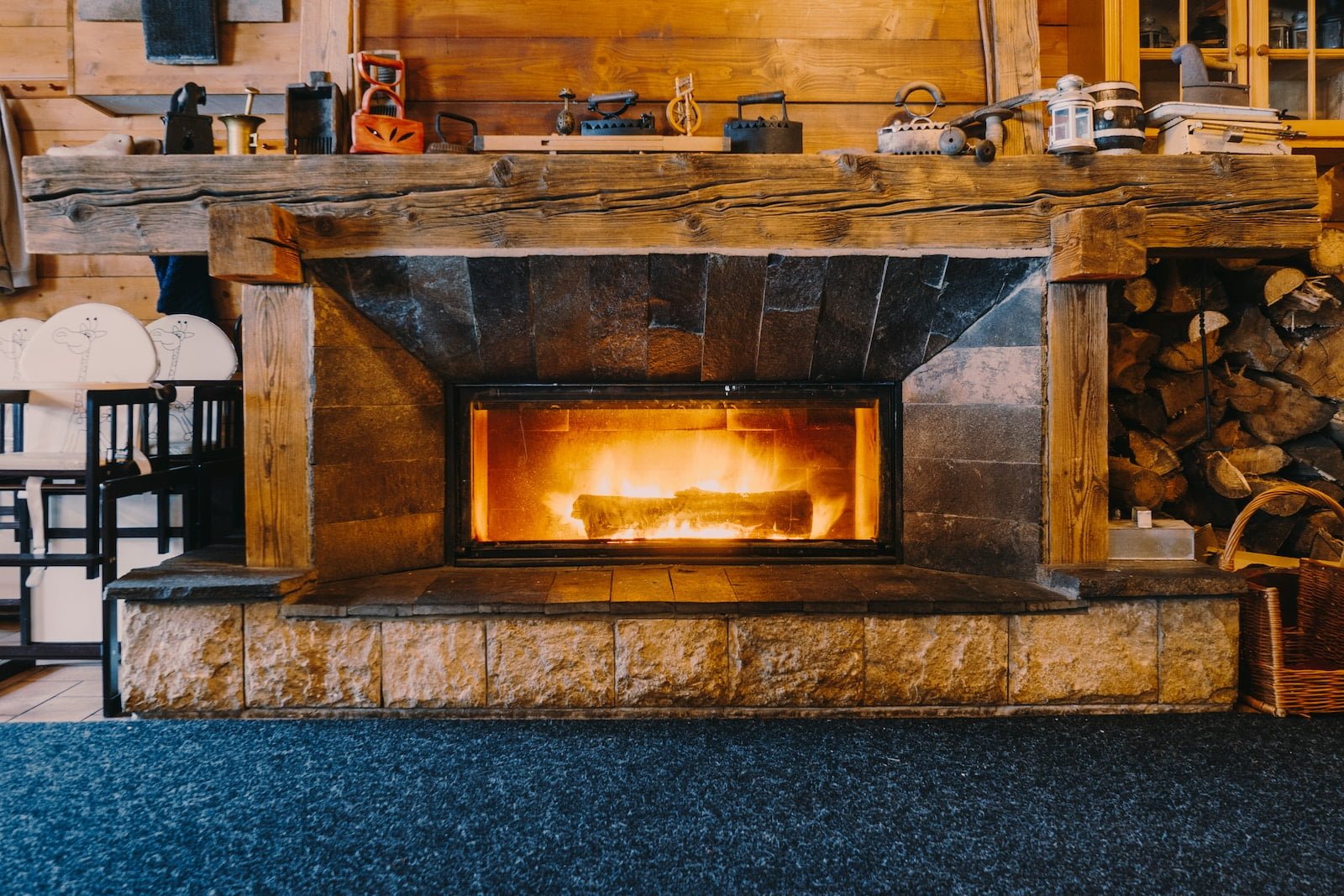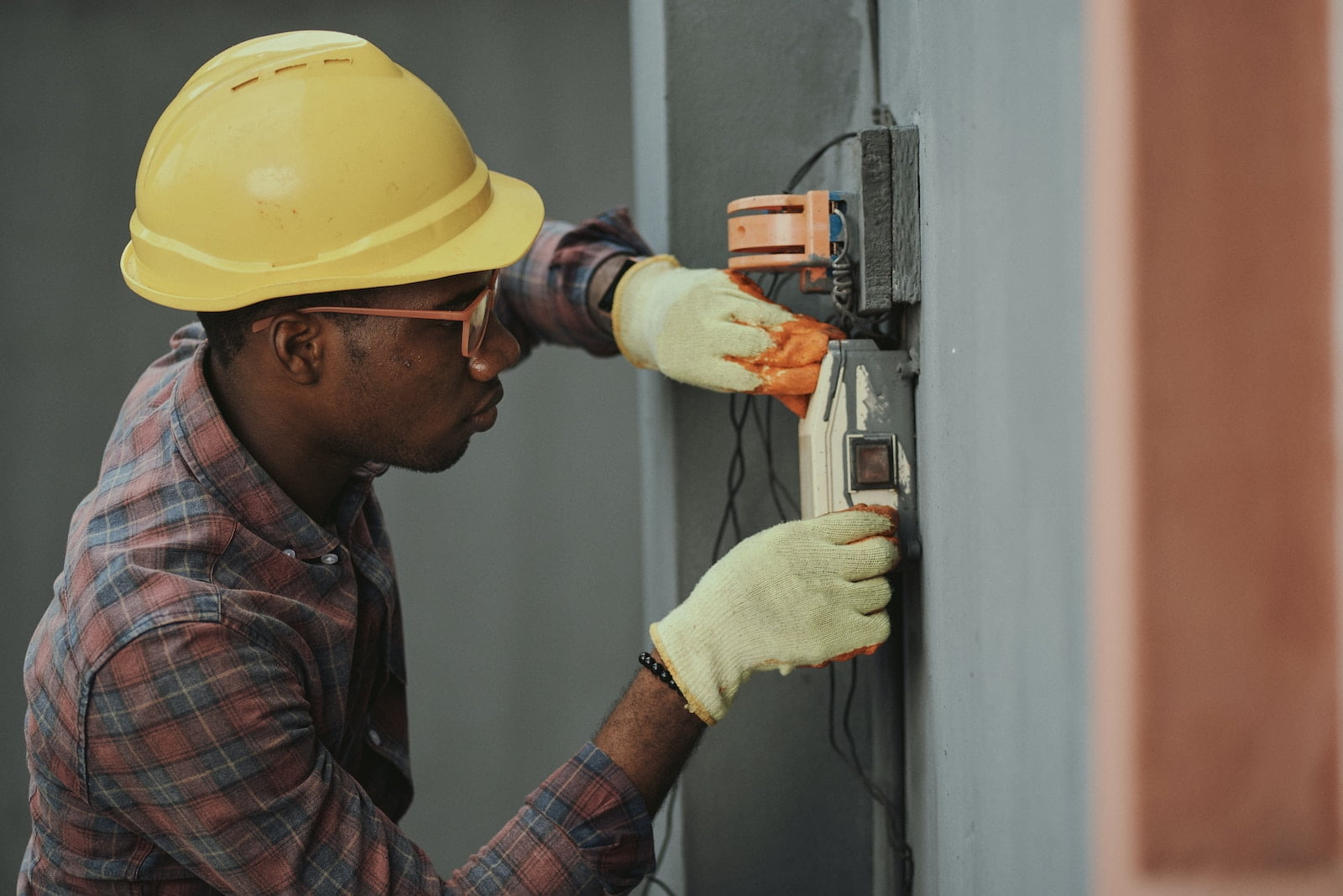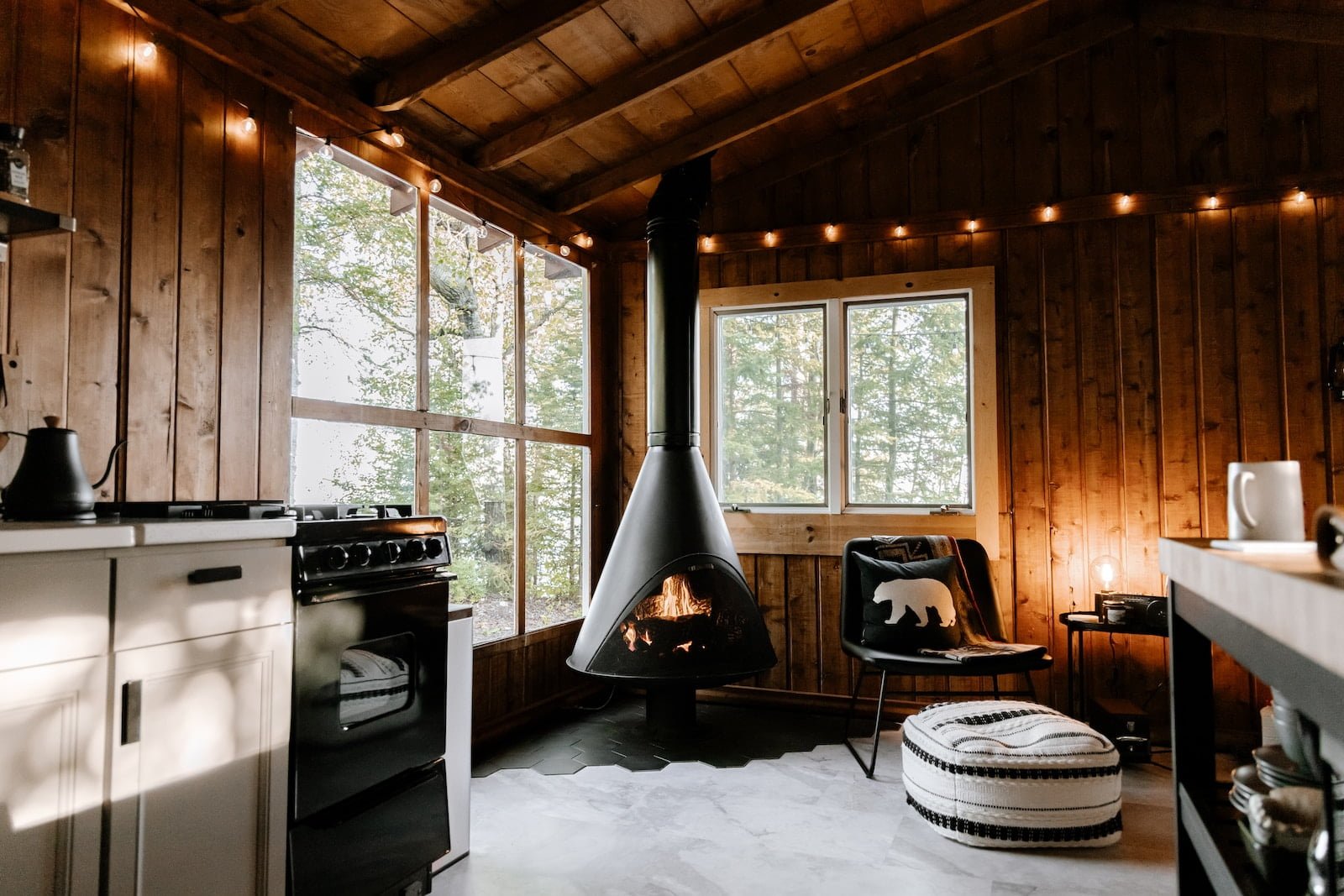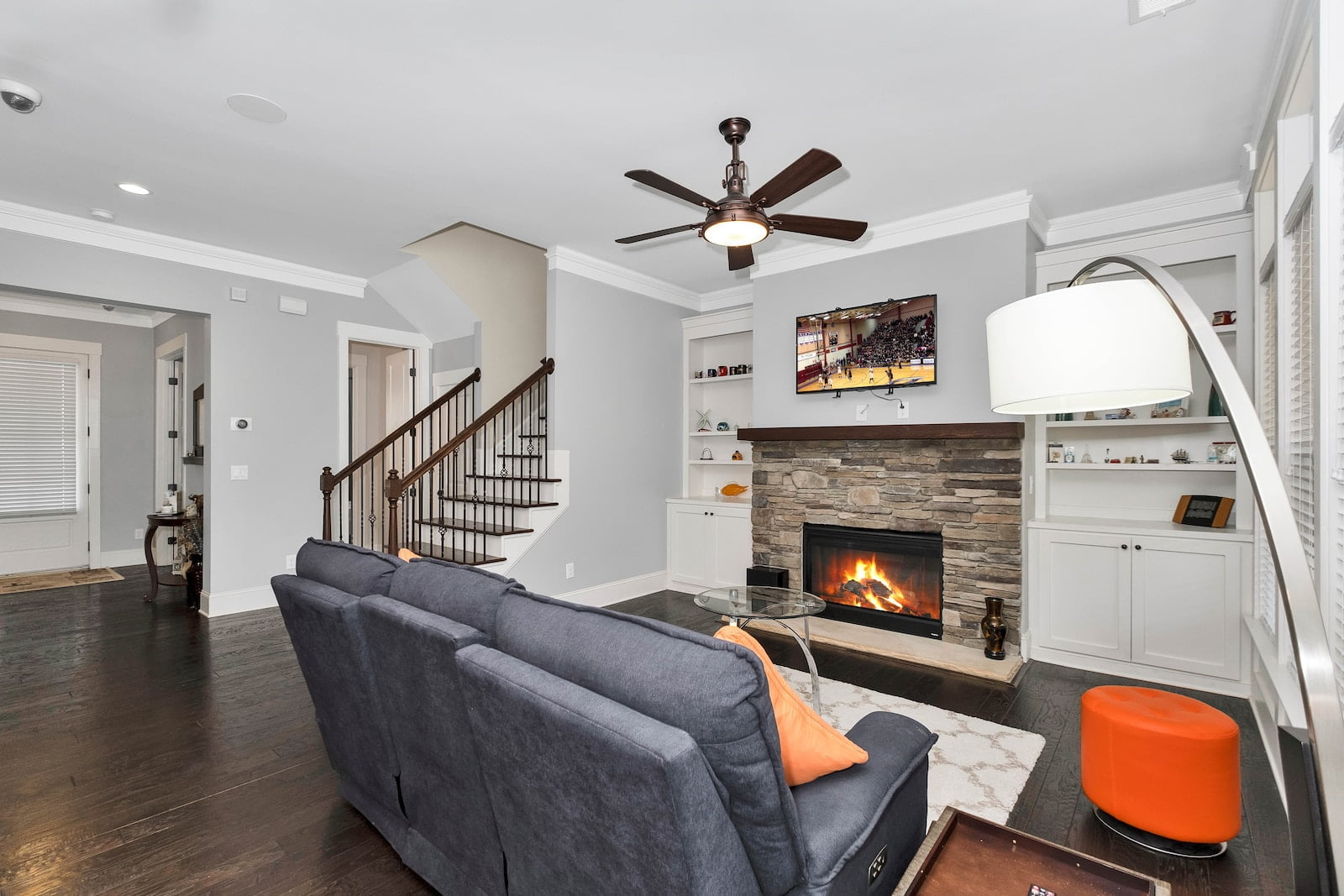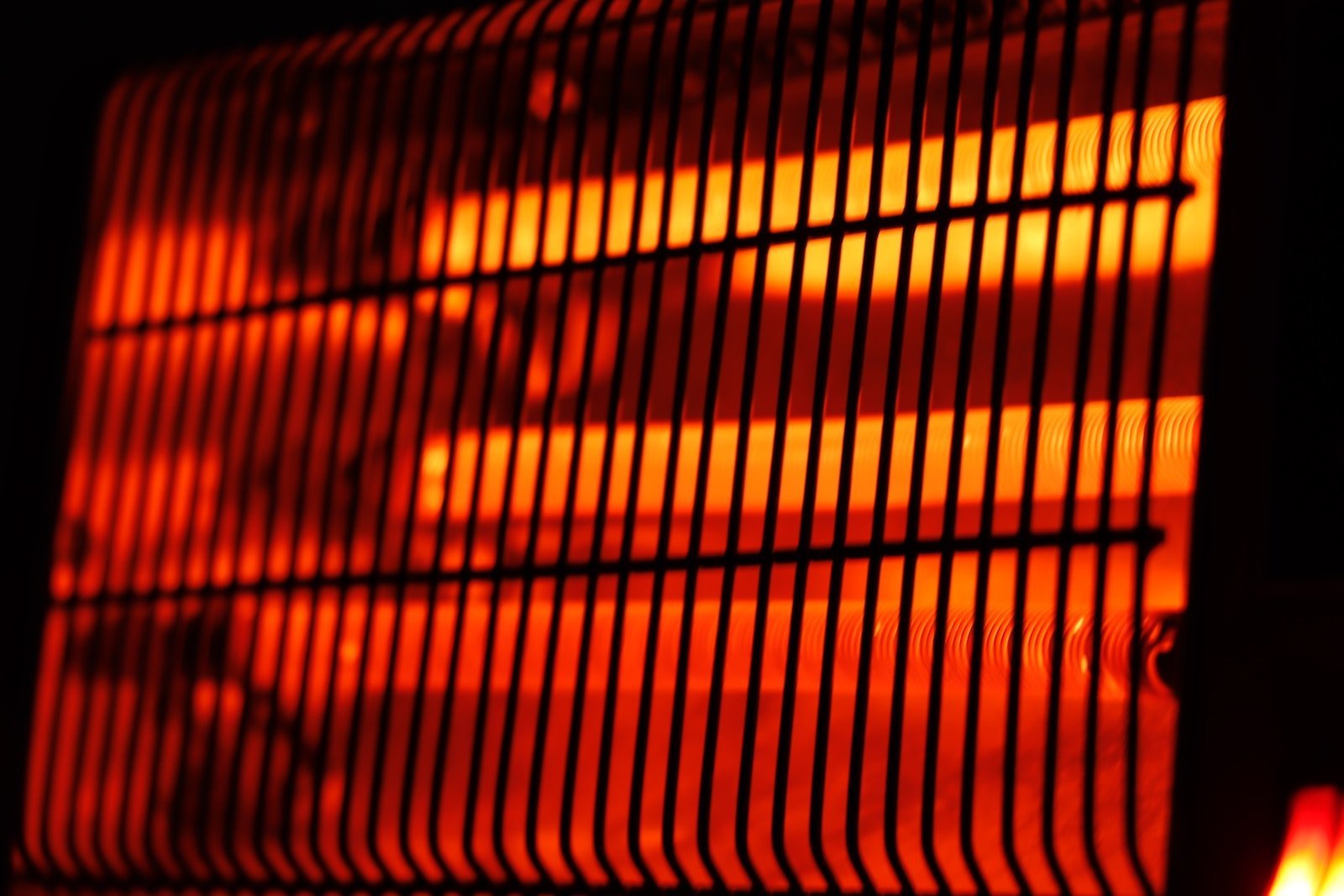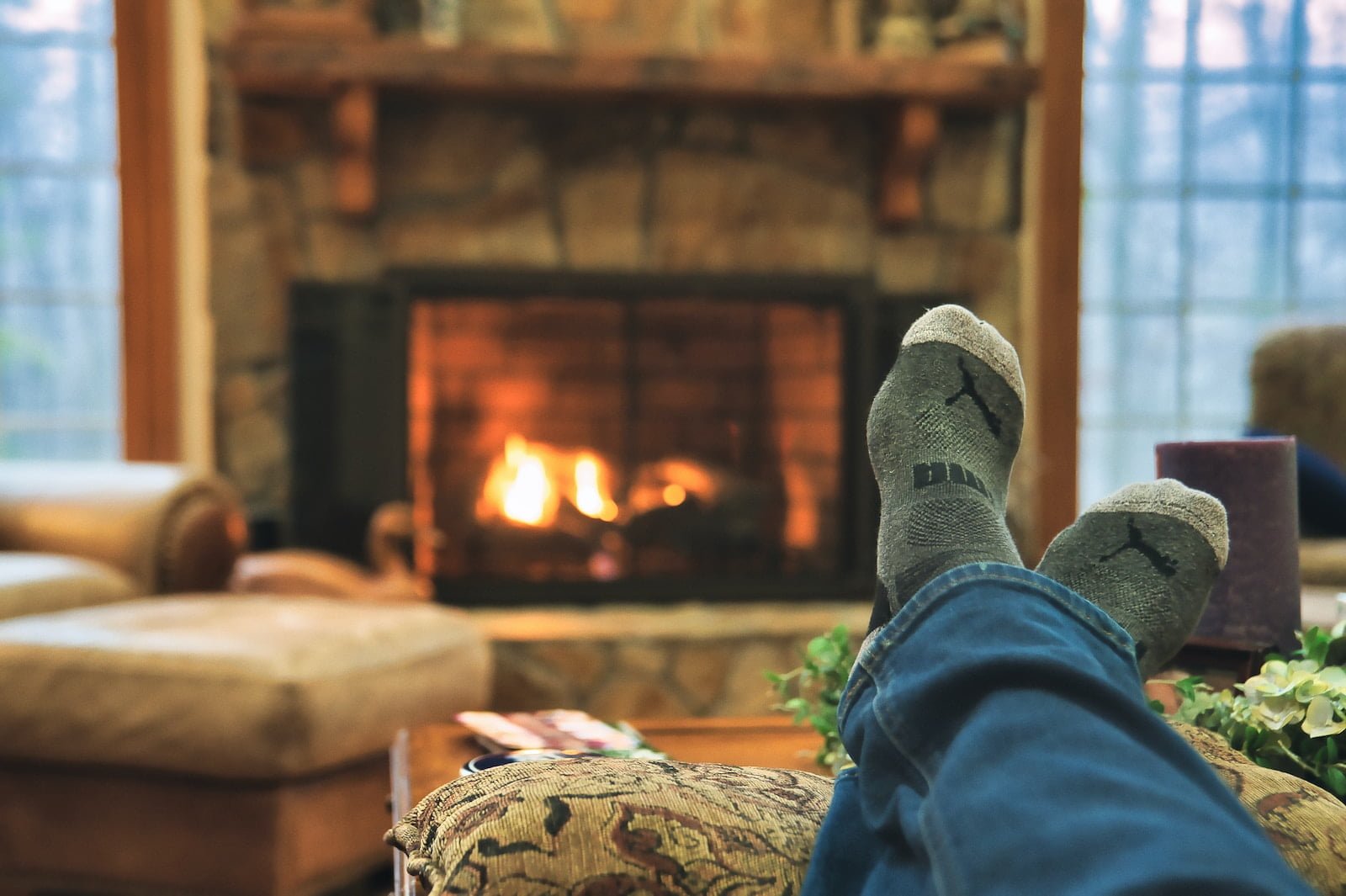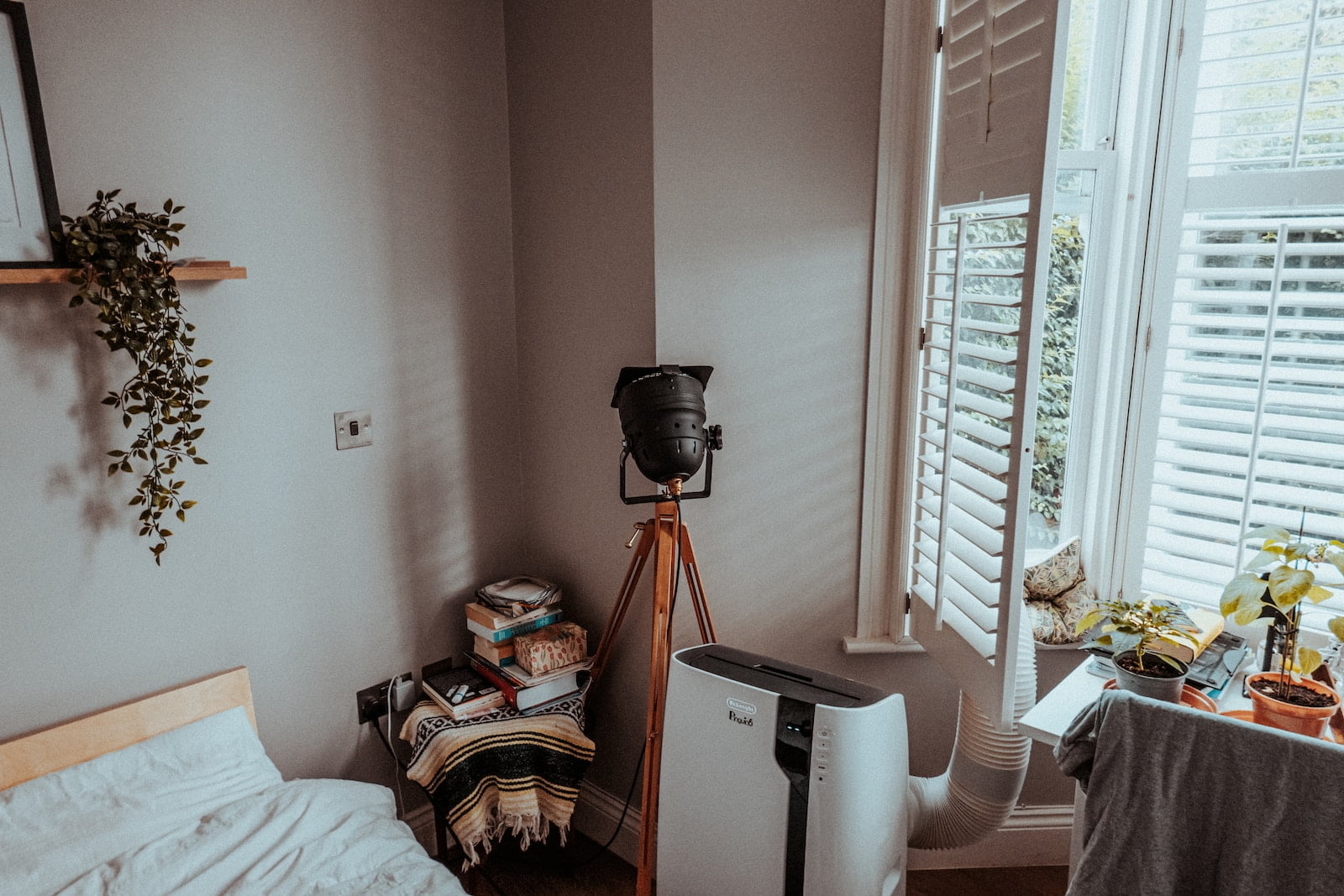What to Do About Noisy Furnace?
As the winter season approaches, it’s important to ensure that your furnace is in good working condition to keep your home warm and cozy. However, a noisy furnace can be a cause for concern and may indicate underlying issues that need to be addressed. Identifying the possible causes of a noisy furnace is crucial in preventing further damage and ensuring that your furnace operates efficiently. In this article, we will explore the common causes of a noisy furnace and provide tips on how to identify them.
Firstly, it’s important to note that furnaces can produce different types of noises, and each noise can indicate a different problem. Some noises may be harmless, while others may require immediate attention. Therefore, it’s essential to pay attention to the type of noise your furnace is producing and identify the possible cause. Secondly, understanding the causes of a noisy furnace can help you determine whether the problem can be fixed with a simple DIY solution or requires professional assistance.
In conclusion, a noisy furnace is not only a nuisance but can also be a sign of underlying issues that need to be addressed. By identifying the possible causes of a noisy furnace and understanding how to identify them, you can prevent further damage and ensure that your furnace operates efficiently, keeping your home warm and comfortable during the winter season.
Replace the Air Filter
One of the simplest and most effective ways to reduce furnace noise is to replace the air filter. A dirty or clogged filter can cause the furnace to work harder, which can lead to increased noise levels. To replace the filter, turn off the furnace and locate the filter compartment. Remove the old filter and dispose of it properly. Then, insert a new filter of the same size and type, making sure it is securely in place. Turn the furnace back on and enjoy the quieter operation.
Another tip to reduce furnace noise is to check for loose access panels. These panels can vibrate and create rattling sounds. Simply tightening the screws or bolts holding the panels in place can eliminate the noise. If you notice any cracks or damage to the panels, they may need to be replaced.
Finally, consider adding insulation to the ductwork. This can help to muffle the sound of the furnace as air travels through the system. You can use duct wrap or insulation sleeves to cover the ductwork. This is a more involved fix, but it can make a big difference in reducing noise levels.
In conclusion, there are several simple fixes for a noisy furnace that you can do yourself. By replacing the air filter, checking for loose access panels, and adding insulation to the ductwork, you can enjoy a quieter and more comfortable home. If these fixes don’t solve the problem, it may be time to call in a professional to diagnose and repair the issue.
When to Call a Professional to Fix Your Noisy Furnace
If you have a noisy furnace, it’s important to know when to call a professional to fix it. While some furnace noises may be normal, others may indicate a more serious problem. If you hear banging, popping, or rattling noises, it could be a sign that your furnace needs repair. These noises can be caused by loose or broken parts, a clogged burner, or a malfunctioning blower motor. If you hear a high-pitched squealing or whining noise, it could be a sign that your blower motor or inducer motor is failing.
It’s also important to pay attention to the frequency and duration of the noise. If the noise is constant or lasts for an extended period of time, it’s a sign that something is seriously wrong with your furnace. In this case, it’s best to call a professional HVAC technician to inspect your furnace and diagnose the problem.
Trying to fix a noisy furnace on your own can be dangerous and can cause further damage to your furnace. A professional HVAC technician has the experience and knowledge to diagnose and repair any issues with your furnace safely and efficiently. So, if you have a noisy furnace, don’t hesitate to call a professional to fix it. It’s better to be safe than sorry when it comes to the safety and efficiency of your furnace.
Upgrades and Replacements That Can Help Reduce Noise from Your Furnace
Another upgrade you can consider is replacing your furnace’s blower motor. Older motors tend to be noisier and less efficient than newer models. A new, high-efficiency motor can not only reduce noise but also help lower your energy bills. Additionally, you may want to replace your furnace’s air filter. A dirty filter can cause your furnace to work harder, which can lead to increased noise levels. By regularly replacing your filter, you can help keep your furnace running smoothly and quietly.
If you’ve tried these upgrades and replacements and are still experiencing excessive noise from your furnace, it may be time to call in a professional. A heating and cooling technician can assess your furnace and determine if there are any underlying issues causing the noise. They may be able to make repairs or recommend further upgrades to help reduce noise. Remember, a noisy furnace not only disrupts your peace and quiet, but it can also indicate a larger problem with your heating system. Don’t hesitate to seek professional help if you’re concerned about the noise coming from your furnace.
Tips for Preventing Future Noisy Furnace Problems
Regular maintenance is key to preventing future noisy furnace problems. One of the most important things you can do is to change the air filter regularly. A dirty air filter can cause your furnace to work harder than it needs to, which can lead to increased noise levels. You should also schedule an annual furnace tune-up with a licensed HVAC technician. During a tune-up, the technician will inspect and clean your furnace, ensuring that everything is working properly. This can help prevent future issues from arising.
Another tip for preventing noisy furnace problems is to keep the area around your furnace clean and clear. Make sure there are no objects or debris blocking the airflow to the furnace. This can cause the furnace to work harder than it needs to, leading to increased noise levels. Additionally, be sure to keep the furnace room well-ventilated to prevent the buildup of carbon monoxide and other harmful gases.
If you notice any strange noises coming from your furnace, don’t ignore them. Addressing the issue early on can prevent it from turning into a larger, more expensive problem down the road. Finally, consider investing in a high-quality furnace with a reputation for quiet operation. This can help prevent future noise problems and ensure that your home stays comfortable and quiet all winter long.
